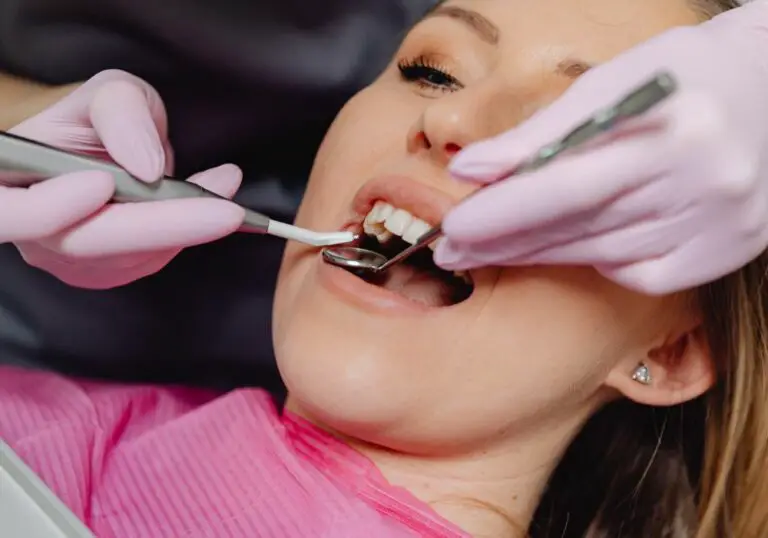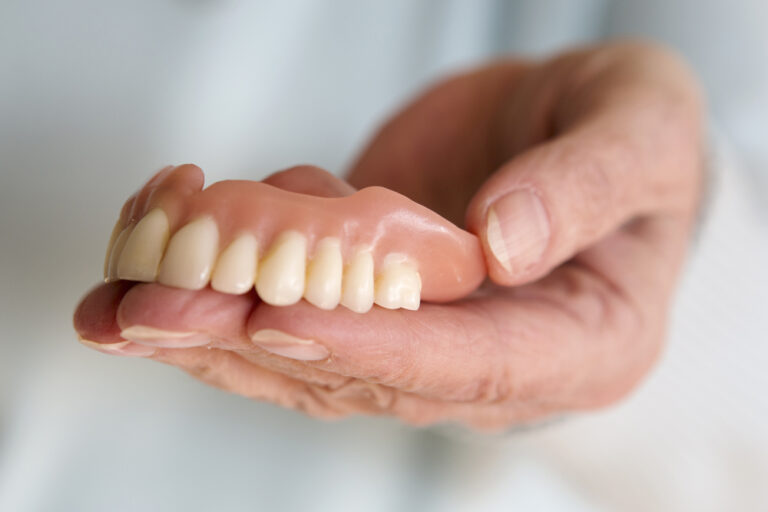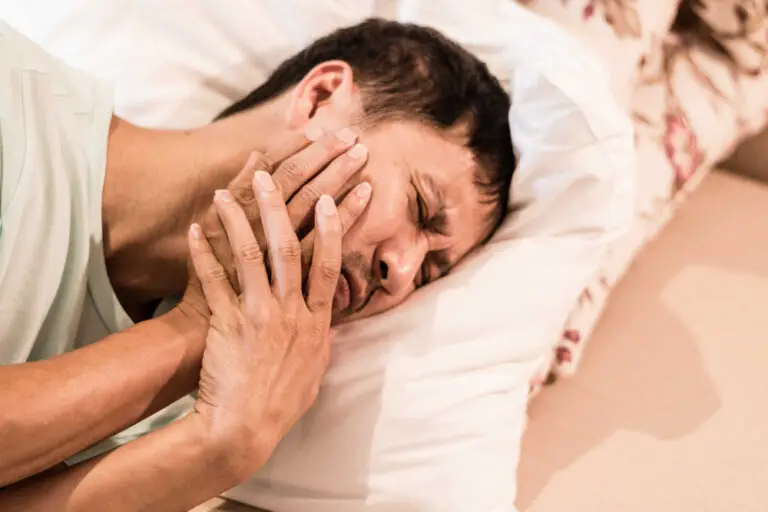Selling body parts, including teeth, is an extremely controversial topic. However, there are some reasons why a person may consider selling their teeth, despite the risks and ethical concerns.
Why Would People Sell Their Teeth?
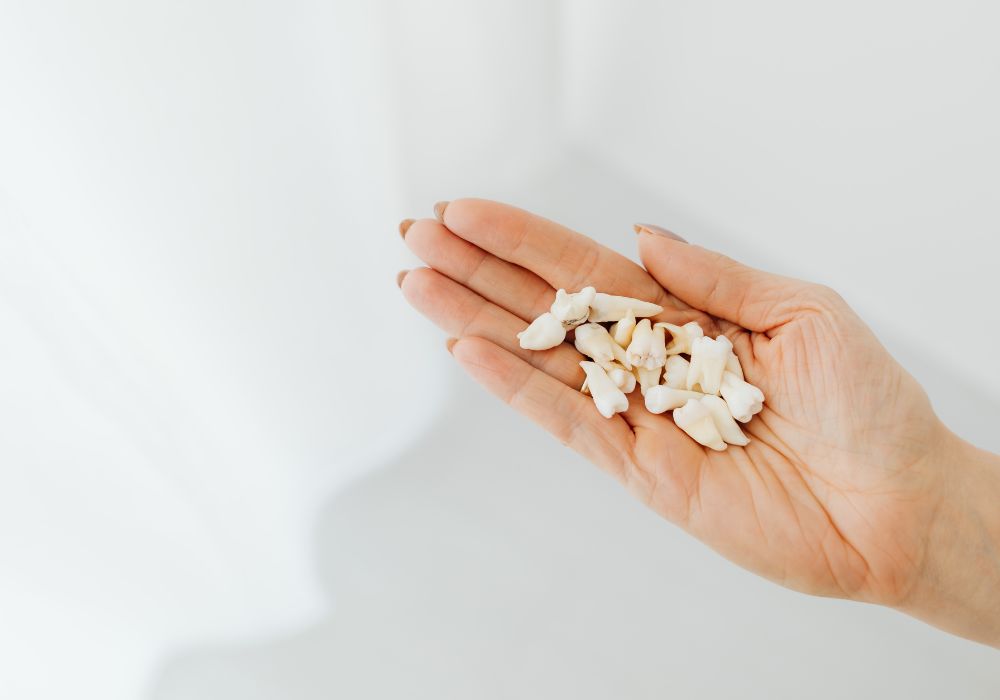
Financial Need
One of the most common motivations for selling teeth is immediate financial need. Here are some examples:
Medical Bills
Medical emergencies can result in crushing debt for those without adequate insurance. Selling non-vital body parts is seen as a last resort to pay for essential care and avoid bankruptcy. Proceeds from selling teeth could pay for:
- Hospital bills
- Medications
- Medical equipment
- Ongoing treatment
Avoid Homelessness
Losing a job and facing eviction is a crisis situation. Those with no safety net may sell their teeth to come up with rent money or a deposit for a new apartment. Even a few thousand dollars from selling teeth could prevent someone from becoming homeless.
Pay Off Debt
Some people consider selling their teeth to pay off debt from student loans, credit cards, payday loans, or predatory lenders. Dental payments could help them get out of debt and escape punishing interest rates.
Support Family
In difficult circumstances, some people see sacrificing their teeth as a way to provide for struggling family members. The money could be used for:
- Groceries
- Utility bills
- Transportation
- Childcare
- Tuition
Addiction
Drug, alcohol, and gambling addictions can lead to desperate measures, including selling teeth. Addicts may do anything to get money for their next fix or bet. Selling non-vital body parts is a fast way to get cash, despite the long-term consequences.
Mental Health Issues
Mental illness impairs judgment and can cause people to make risky choices. Those suffering from conditions like schizophrenia, bipolar disorder, or psychosis may sell their teeth during an episode. The money is often used to feed a person’s delusions, compulsions, or addictions.
Exploitation
Vulnerable groups are at risk for exploitation. Traffickers may force or coerce victims into selling their teeth. Examples include:
- Laborers migrating for work
- Undocumented immigrants
- Runaway teens
- People with disabilities
- Indigenous communities
Traffickers target those unlikely to seek help due to fear of deportation, abuse, or further exploitation. Organ traffickers often remove teeth forcibly under dangerous conditions.
Poverty
In parts of the developing world, extreme poverty drives people to sell teeth and other body parts. Selling a tooth could provide:
- Food for weeks/months
- Clean water access
- Fuel for heating and cooking
- School fees for children
- Supplies to start a small business
Without a social safety net, poor families take drastic steps to survive and access basic needs.
Corrupt Dentists
There have been cases in poor countries of dentists buying teeth from patients. Patients agree because they need the money and may not understand potential complications from improper extractions.
Prisoners Selling Teeth
A black market for teeth extracted from prisoners exists in some countries. Prisoners may agree to sell teeth to get money, better treatment, or privileges inside jails. However, these extractions often occur in subpar conditions, risking infection and complications. Human rights advocates decry this practice as coercive and unethical.
Avoid Military Service
Some have sold teeth to intentionally disqualify themselves from mandatory military service. By becoming unfit for service, conscription can be avoided in countries that still have a draft.
Body Dysmorphia
Body dysmorphic disorder causes people to obsess over perceived flaws in their appearance. In severe cases, individuals may compulsively try to correct flaws that do not really exist. Extracting healthy teeth is an extreme measure that could result from body dysmorphia or related disorders.
Delayed Dental Care
Many who sell their teeth already have significant dental problems and cannot afford treatment. Selling damaged teeth for cash is seen as an immediate solution over investing in dentures or implants. However, this can worsen oral health in the long run when multiple teeth are removed.
Why Selling Teeth is Risky
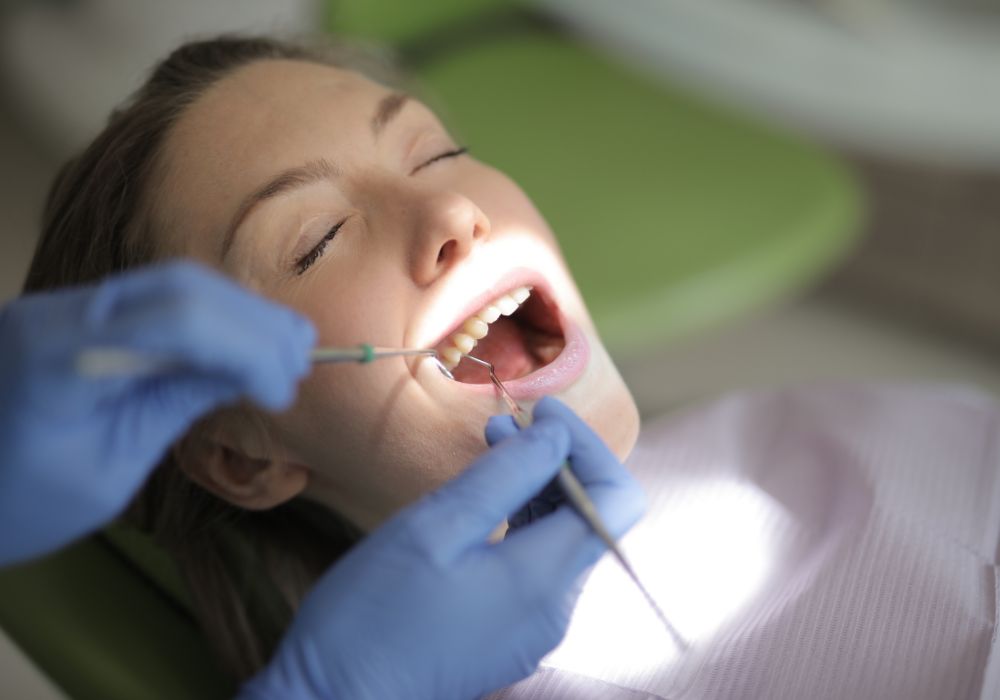
While a person may get quick cash for their teeth, there are many long-term drawbacks:
Oral Health Complications
Selling teeth can lead to a lifetime of health issues, including:
- Bleeding
- Infections
- Abscesses
- Exposed nerves
- Higher risk of cavities
- Bone loss
- Insufficient chewing ability
- Malnutrition
If done illegally or in non-sterile conditions, extractions can result in HIV, hepatitis, or other serious infections.
Costly Dental Work
Eventually, sold teeth need to be replaced with implants, dentures, or dental crowns. These interventions are far more expensive than preventative care. Selling teeth creates a future expense much higher than the initial payout.
Appearance Issues
Losing visible teeth creates aesthetic issues and social stigma. Many suffer from shame and low self-esteem after selling their teeth. Appearance can impact job prospects and social lives.
Permanent Damage
Unlike hair or blood, lost teeth cannot grow back. The damage is lifelong once teeth are extracted. This irreversible decision is made out of desperation without considering long-term consequences.
Risks from Procedures
Extractions done illegally or under duress entail life-threatening risks:
- Excessive bleeding
- Poor infection control
- Surgical complications
- Anesthesia overdoses
- Slow, botched extractions
Unethical dentists may cut corners or rush procedures to maximize profits. Patients may not receive adequate follow-up care either.
No Legal Recourse
In many places, selling teeth and other organs is illegal or exists in a legal grey area. Victims have no lawful way to recover money lost or win damages for harm suffered.
Psychosocial Effects
Many organ sellers later express regret, sorrow, or reduced self-worth. Losing a part of one’s body can cause lasting psychological and social trauma. Sellers must live with the difficult choice they felt forced to make in the name of survival.
Alternatives to Selling Teeth
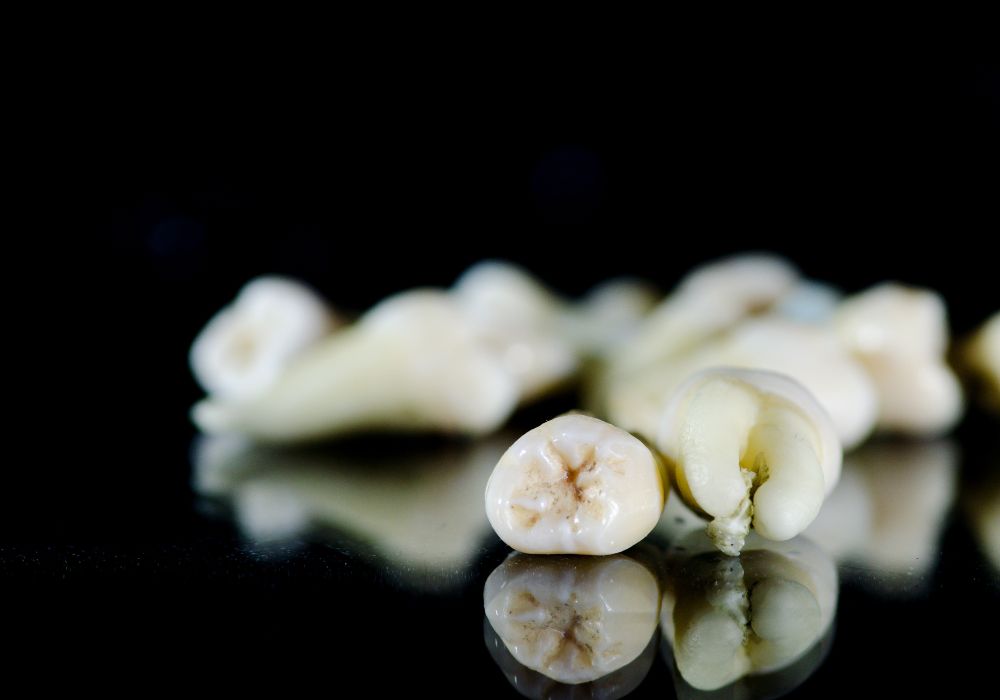
Although desperate situations may make selling teeth tempting, there are always better legal alternatives to explore first:
- Seek free dental care from clinics serving uninsured patients.
- Apply for emergency assistance or social programs to cover food, housing, utilities, medical care, and other basic needs.
- Use crowdfunding to pay for essential dental treatment.
- Pursue donated dental services through charities.
- Discuss extended payment plans with dentists.
- Obtain subsidized insurance, financing options, or discount plans to lower out-of-pocket dental costs.
- File for bankruptcy protection due to medical debt to shield assets and get a fresh start.
- Connect with nonprofits and religious groups offering financial aid and counseling.
If faced with the choice to sell teeth, consult healthcare providers, legal advocates, financial experts, friends, and religious leaders for guidance first. There are always better ways forward than taking this drastic and dangerous measure.
Conclusion
Selling one’s teeth is ultimately an act of desperation and raises complex ethical issues. While a person’s motivations to raise quick money by selling teeth are understandable in times of crisis, the practice puts vulnerable people at high risk of exploitation and long-term harm. There are always better solutions than selling one’s teeth. Healthcare reform expanding access to medical and dental care, social safety nets, financial regulation, and public health initiatives are needed to prevent people from resorting to this dangerous survival strategy. When faced with this choice, individuals should seek help through legitimate channels to avoid the risks and permanency of selling their teeth.
Frequently Asked Questions
Why do some countries buy prisoners’ teeth?
Some corrupt prison systems allow forced organ harvesting from inmates to raise funds. By selling prisoners’ teeth, jails secure an income stream and profit off captives. Police states may also torture dissidents this way.
Can selling teeth help pay off debt?
The amount raised from selling teeth rarely covers large debts. Also, it causes future expenses for dentures, etc. Selling teeth creates new debt without fixing underlying issues. Legitimate debt relief options are better.
Is it legal to sell teeth in the US?
Selling teeth for cash is illegal in the US. Donating tissue is allowed but regulated. Laws aim to protect vulnerable groups from exploitation and undue pressure.
How many teeth can you sell at once?
People usually sell 1-3 teeth at a time. Extracting many teeth together too quickly causes oral health issues. However, “organ brokers” have been known to forcibly extract many teeth at once under unsafe conditions.
Do people really get rich selling their teeth?
No, the cash received is relatively small compared to long-term costs. Selling teeth nets only hundreds or several thousand dollars but removes a priceless asset and causes lifelong disadvantage.




